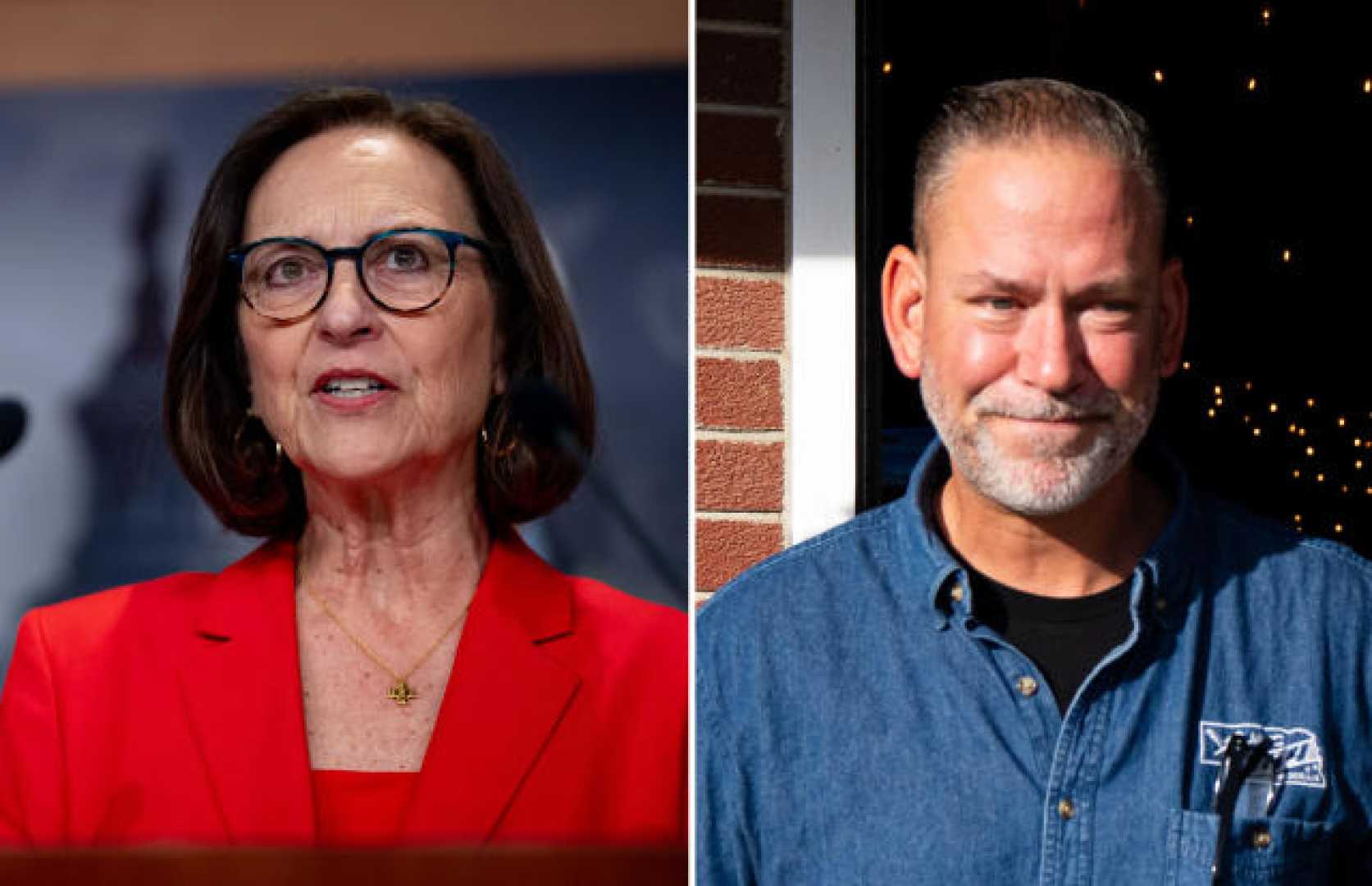News
Nebraska’s 2024 Senate Election: A Surprisingly Competitive Race for Deb Fischer’s Seat

The 2024 United States Senate election in Nebraska has turned into an unexpectedly competitive race, with incumbent Republican Senator Deb Fischer facing a strong challenge from independent candidate Dan Osborn. This election is significant as it marks the first time since 1954 that both of Nebraska’s U.S. Senate seats are up for election concurrently, with one being a special election to complete the term of former Senator Ben Sasse.
Deb Fischer, a two-term Republican senator, has traditionally enjoyed easy victories in her previous elections. However, this cycle has seen a surge in support for Dan Osborn, a 49-year-old Navy veteran, mechanic, and union leader. Osborn gained prominence for leading the strike at Omaha‘s Kellogg plant in 2021 and has received substantial outside funding, forcing Republicans to intensify their efforts in a race that was initially thought to be a safe win for Fischer.
Osborn’s campaign has focused on offering a change to the status quo, portraying Fischer as an establishment politician controlled by corporate interests. He has pledged not to caucus with either Democrats or Republicans if elected, appealing to the state’s large share of nonpartisan voters. Osborn’s positions include opposition to national abortion restrictions, support for “reasonable gun safety measures,” and stronger border security, aligning with a populist message.
Fischer, who has served on the powerful armed services and appropriations committees, has described Osborn as a “Democrat in disguise” and has leaned on an endorsement from former President Donald Trump in the final weeks of the campaign. Despite Nebraska being a solidly red state with nearly twice as many registered Republicans as Democrats, the absence of a Democratic candidate in the race has made Osborn a viable contender.
Polls indicate a tight race between Fischer and Osborn, with some surveys showing the margin between the two candidates to be within a few percentage points. This competitiveness is unusual for a state that has historically voted Republican, making the outcome of this election crucial for determining partisan control of the Senate.












